Foundation waterproofing as much as possible & superior walls exp
6fthook
9 years ago
Featured Answer
Sort by:Oldest
Comments (13)
worthy
9 years agoAnnie Deighnaugh
9 years agoRelated Professionals
Palos Verdes Estates Architects & Building Designers · Plainfield Architects & Building Designers · Eau Claire Home Builders · Seymour Home Builders · Tampa Home Builders · Wilmington Home Builders · Lomita Home Builders · Albany General Contractors · Easley General Contractors · Hillsborough General Contractors · Holly Hill General Contractors · Newington General Contractors · Panama City Beach General Contractors · Ravenna General Contractors · Torrington General ContractorsAnnie Deighnaugh
9 years agorenovator8
9 years agomanhattan42
9 years agobus_driver
9 years agodekeoboe
9 years agoworthy
9 years agomushcreek
9 years agoBrian_Knight
9 years agoBuoy Dave
3 years agoUser
3 years ago
Related Stories
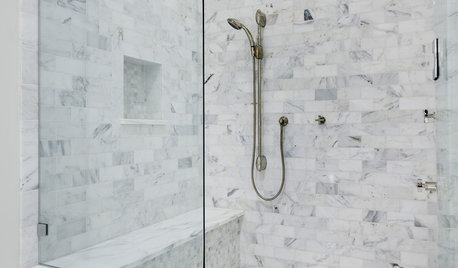
BATHROOM DESIGNConvert Your Tub Space Into a Shower — Waterproofing and Drainage
Step 4 in swapping your tub for a sleek new shower: Pick your waterproofing materials and drain, and don't forget to test
Full Story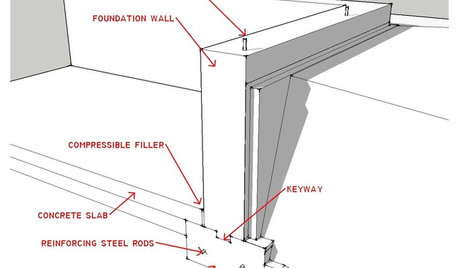
ARCHITECTUREKnow Your House: What Makes Up a Home's Foundation
Learn the components of a common foundation and their purpose to ensure a strong and stable house for years to come
Full Story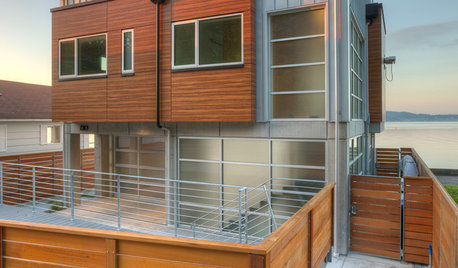
ARCHITECTUREHouzz Tour: Sturdy Enough for a Tsunami
Storms don't scare this Washington state home; breakaway features and waterproof finishes let it weather high winds and waves
Full Story
REMODELING GUIDES11 Reasons to Love Wall-to-Wall Carpeting Again
Is it time to kick the hard stuff? Your feet, wallet and downstairs neighbors may be nodding
Full Story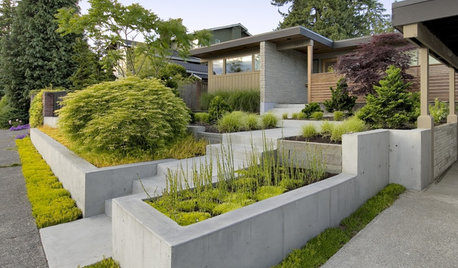
LANDSCAPE DESIGNGarden Walls: Pour On the Style With Concrete
There's no end to what you — make that your contractor — can create using this strong and low-maintenance material
Full Story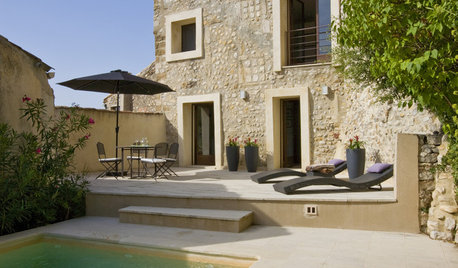
MODERN HOMESHouzz Tour: 800-Year-Old Walls, Modern Interiors in Provence
Old architecture and new additions mix beautifully in a luxurious renovated vacation home
Full Story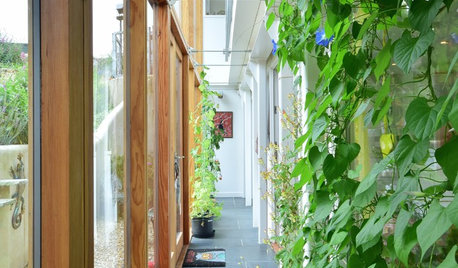
GARDENING GUIDESHealthy Home: How to Go Green With a Living Wall or Roof
See 10 ways to add this earth-friendly element to your home
Full Story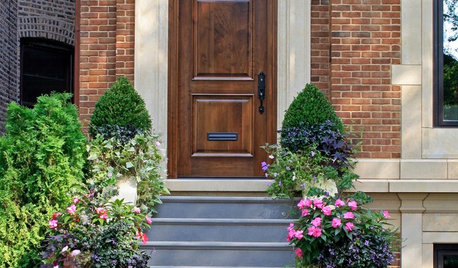
CURB APPEALKnow Your House: Anatomy of a Brick Veneer Wall
Brick's new role as skin versus structure offers plenty of style options for traditional exteriors
Full Story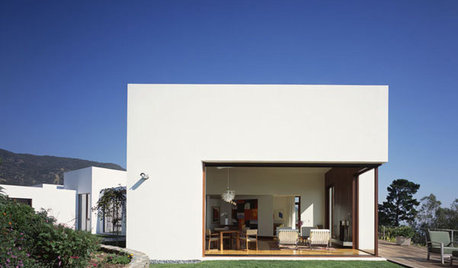
GARDENING AND LANDSCAPINGSliding Walls Bring the Outside In
Disappearing walls erase the line between you and the view
Full Story
REMODELING GUIDESOne Guy Found a $175,000 Comic in His Wall. What Has Your Home Hidden?
Have you found a treasure, large or small, when remodeling your house? We want to see it!
Full Story





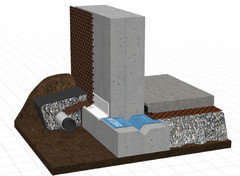

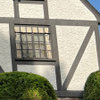

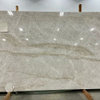
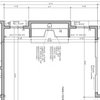
HU-935576247